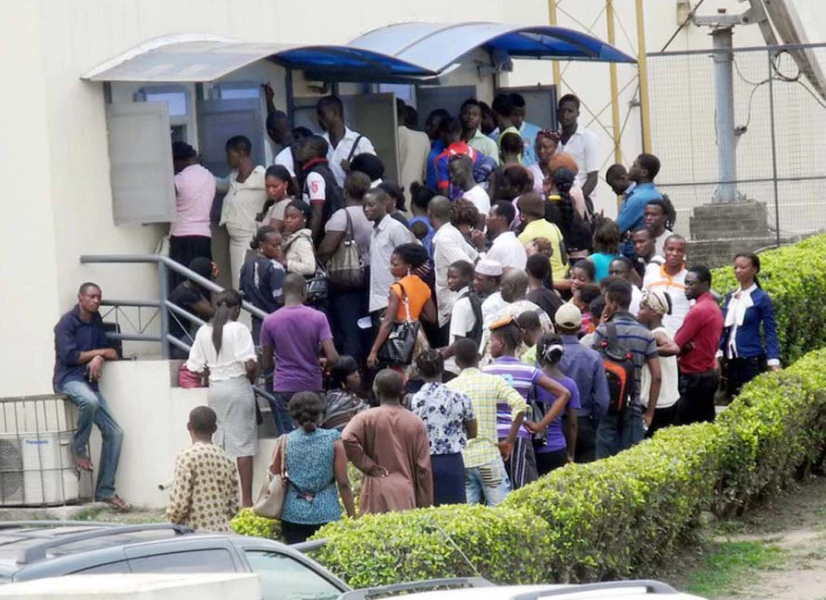The organised labour on Thursday directed workers to vote out governors who do not implement payment of the N30,000:00 new minimum wage in their respective states.
The Nigeria Labour Congress (NLC) specifically condemned threats by the govermors to sack workers should the new wage come into effect.
To NLC President Ayuba Wabba, the threat is not new in the struggle for review of the national minimum wage.
He said workers might be prevailed upon not to vote for governors who fail to pay the new wage.
“Therefore, the current one by the governor of Zamfara (Abdulaziz Yari) cannot be used to intimidate labour,” Wabba said in a statement, reiterating the directive that workers should vote out anti-labour governors and politicians.
“The consequences of workers’ retrenchment are too grievous for any political office holder truly elected by the people to contemplate.
“Few political office holders are bent on enslaving Nigerian workers with peanuts mislabelled as salaries.
“We urge such elected public officials to subject their humongous salaries and allowances, reputed to be among the highest in the world to public perusal. Pro rata with the minimum wage, they want to force down the throats of Nigerian workers,” he said.
Wabba urged each of the governors to go to their state and inform workers on their individual position on the new national minimum wage of N30, 000.
”To the oppressors, we have only one answer for you, we will never sleep on our rights.
“We hereby reiterate our directive to Nigerian workers to vote out any politician or political party that refuses to pay the new national minimum wage of N30, 000.
“We shall continue to consolidate our efforts to strengthen already existing platforms and structures to give teeth to our resolve to vote out anti-labour governors and politicians in the forthcoming 2019 general election, ‘’Wabba said.
He urged President Muhammadu Buhari to speedily present to the National Assembly the bill on the National Minimum Wage for appropriate amendment and implementation.
“It would interest Nigerians to know that the new national minimum wage of N30,000 was a product of intense and robust negotiations at the National Minimum Wage Tripartite Negotiation Committee that lasted for one year.
“At the National Minimum Wage Tripartite Negotiation Committee, state governments were represented by six states, one state from each of the six geo-political zones.
The statement added: “The 1999 Nigerian Constitution (as amended) recognises individual states in the Collective Bargaining Process not Nigeria Governors Forum. The states, like the other social partners, have already defended their positions during negotiations at the National Minimum Wage Tripartite Negotiation Committee vis-à-vis counter proposals.
“Alhaji Yari should desist from using the platform of the Nigeria Governors Forum to seek political relevance. His tactics of blackmail against workers is already time worn and the stench is already offensive.
“We hereby reiterate our directive to Nigerian workers to vote out any politician or political party that refuses to pay the new national minimum wage of N30,000. We shall continue to consolidate our efforts to strengthen already existing platforms and structures to give teeth to our resolve to vote out anti-labour governors and politicians in the forthcoming 2019 general election.
